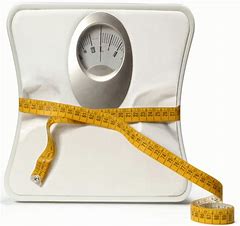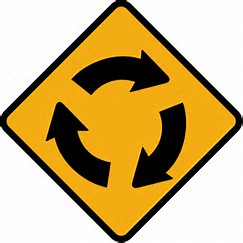We’ve been through this before—you and me both! It’s after Pesach, and this time it’s also after more than a year of pandemic lockdowns.
Everyone is thinking about weight loss and dieting—and the failure that will result. This isn’t because you don’t want to succeed or because you can’t be successful. It’s because diets, by their very nature, are set up for failure.
It has been pounded into our inner beings, “just eat less, just move more, create a calorie deficit…” So we all try for the 10th, 20th, or 50th time in our lives, but with no long-term success. Yes, we will all lose weight for a while—anywhere from a few weeks to a year (if we’re lucky). Statistics based on thousands of studies all reach the same conclusion: more than 95% of us will gain it all back and probably will weigh more than we started by the 18-24 month mark.
What is it that must change to really be successful?
The need to succeed
If you are overweight or obese, you need to lose weight. If not, your risk of illness, disease and premature mortality are far greater than the non-overweight population.
A Harvard study in 2016 showed that every 5 units higher of BMI above 25 was associated with about 31% higher risk of premature death.
We all would love to live a long, healthy, and highly functional life. Who wouldn’t want that? But if you eat a western diet, western disease is waiting around the corner for you at some point. So why do we keep doing this to ourselves?
It’s not your fault

Because we eat foods (or food-like edible items, actually) that make us want more and more and more of it. Whether salt, sugar, or fat the pleasure centers in our brains want these highly inflammatory and unhealthy foods more and more. In many ways, this is no different than any addiction—alcohol, cigarettes, drugs, gambling, or anything else. You buy more, eat more, want more, and that cycle goes on and on.
When you go on a diet, you are not just fighting your taste buds. You are fighting a high-powered signal from your brain all the time. Using willpower only works for so long. Multiple studies have shown that willpower is a short-term tool at best. Diets often mean you are still eating most foods, just less of them. Or, you are doing something worse—you are eliminating an entire class of foods that your body needs to function normally.
The failure comes as this point: vital nutrients are missing, willpower is finished, and you can no longer sustain your diet. In your break down, everything becomes permissible again (that feeling of “eating everything in sight” sets in).
Okay, no diets. Now what?! How do I lose weight, prevent and even reverse disease, and be satiated if I don’t do a diet?
It’s the WHAT and not the HOW MUCH
The single biggest change I implemented at The Wellness Clinic in that last 3 years was encouraging a food regimen not based on calories and portion sizes, but on the quality of the food.

Our success rates have gone much higher, and this is a much easier plan to follow. There’s no measuring or weight or eyeballing your portions. Yes, there is a transition period of learning how to eat anew, but the results are well worth going through the learning curve.
Aside from achieving steady and more permanent weight loss, we see client after client gaining energy, lowering blood pressure, cholesterol, and blood sugar. We have even seen more pronounced cases of disease reversal!
The first three steps to leaving the failed diet mentality behind:
- Move far away from any highly processed food
- Cut all animal proteins and dairy considerably
- Make your way of eating inclusive of a lot of fruits, vegetables, whole grains, legumes, and some nuts and seeds.
How do I get myself to make the move and put these steps into practice? You need to be on the right PATH—Plant strong foods, Accountability, Think positively, and Habit change.
In part 2, we will examine the right PATH to success so that you can “add hours to your days, days to your years, and years to your life.”

Leave A Comment